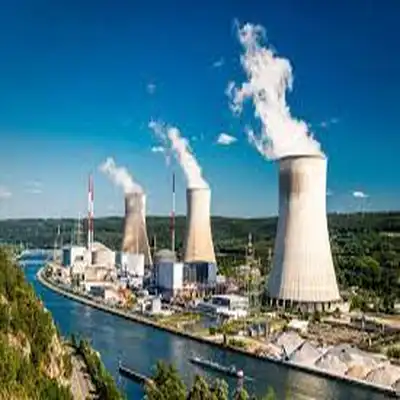Where can one find nuclear energy in South Africa?
South Africa’s Koeberg nuclear power plant is a nuclear generating facility. Currently, it is the only one on the entire continent of Africa. It is situated on South Africa’s west coast, 30 kilometres north of Cape Town and close to Melkbosstrand.
Is South Africa’s nuclear energy industry governed?
The use of nuclear energy, technology, and safety regulations helps the nuclear industry blend into several elements of South African culture. Due to these policies, South African business is well-positioned to lead the globe in a number of nuclear-related industries.
The Nuclear Energy Act 1999, Act 46 of 1999, and the National Nuclear Regulator (NNR) Act 1999, Act 47 of 1999, are the two laws that primarily control the nuclear industry in South Africa.
Why doesn’t South Africa use nuclear power?
Nuclear power facilities are a dependable source of electricity and take up less land than conventional coal-powered stations. It will be claimed by those opposed to nuclear energy that South Africa cannot afford to invest in the pricey building of a new facility.
Other elements that affect nuclear power
According to a UN treaty, nations that accept nuclear power programmes are required to put in place national nuclear security standards that are compliant with international requirements. Any developing nation would likely find this to be expensive. A new nuclear programme also needs the support and information of stakeholders. By 2023, eight nuclear reactors would be constructed at a cost of 1 trillion rands. The South African courts put a stop to this transaction. Nuclear power is one option in the transition away from fossil fuels, but it is not the panacea for the world’s energy issues. It is important for nations like South Africa to evaluate their own energy needs and think about how they may be satisfied before developing additional nuclear facilities.





